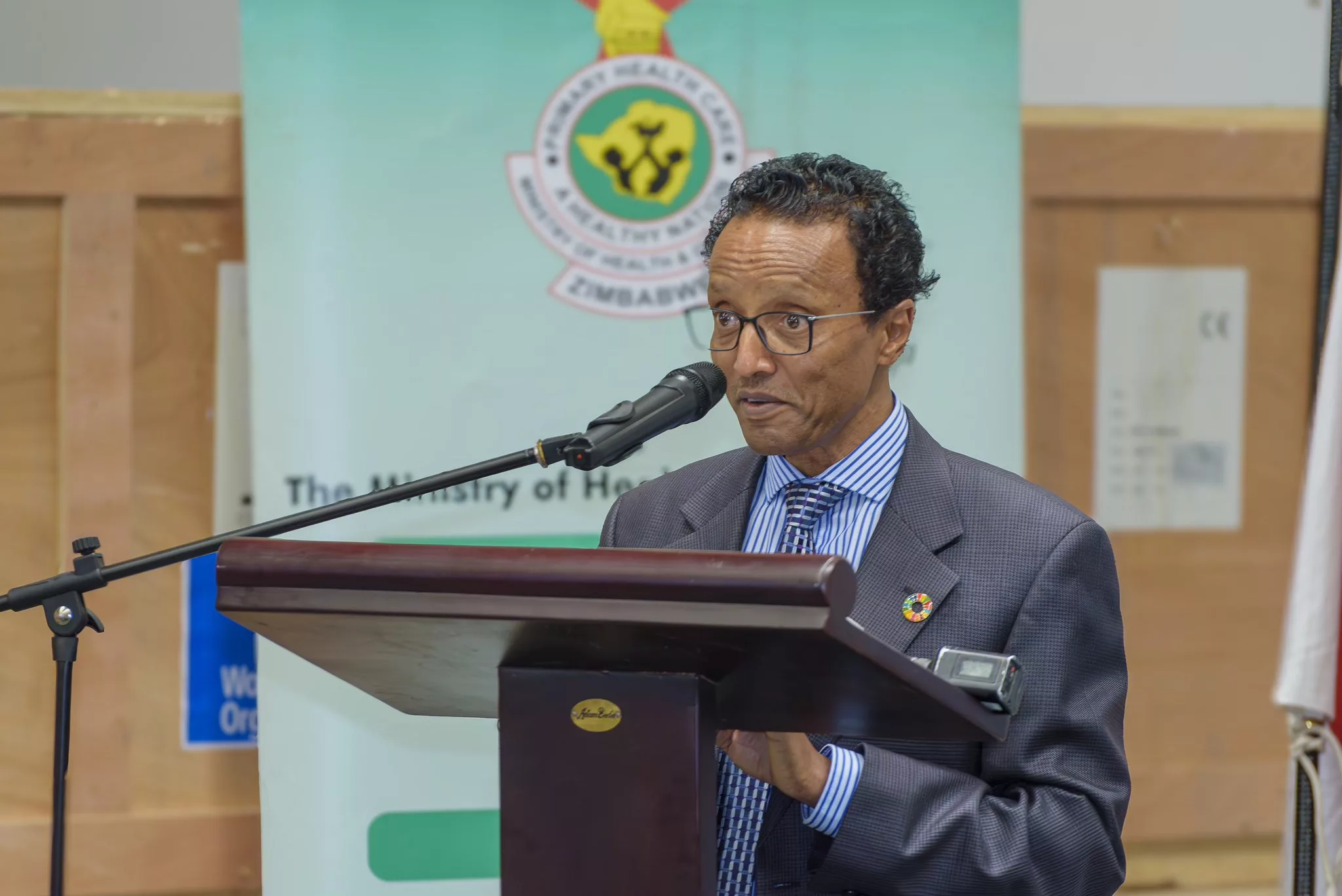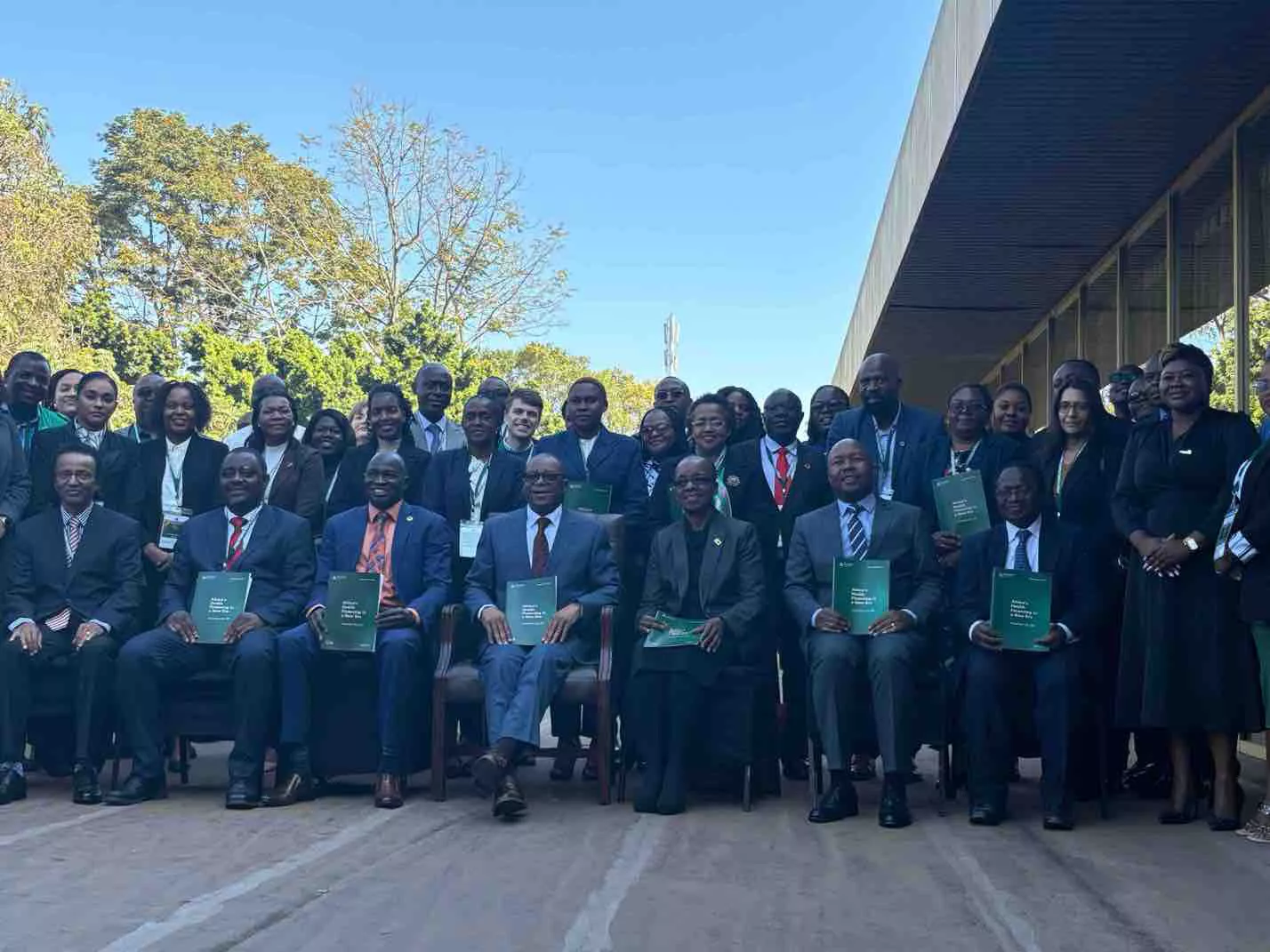|
Getting your Trinity Audio player ready...
|
By Charles Dhewa
Hate them or like them, the Chinese have become adept at quietly studying African natural resources such as local food systems. In every African mass market, which is ironically shunned by the African middle class in preference for supermarkets, it is common to see Chinese nationals buying local food and taking samples for research. Since that level of curiosity is lacking among African academics, it may not be surprising to see African countries importing seeds of indigenous fruits and vegetables from China and other foreign countries in the next few years.
Most vegetable seed grown in Africa is imported
If African researchers were as curious as the Chinese and other nationalities who are thirsting for knowledge about natural resources and food systems, the seed for most vegetable seeds grown in African countries would by now be produced locally. African food systems would by now show the necessary uniqueness associated with community-led food systems. Currently, the way food is produced in East Africa is similar to processes followed in West Africa and Southern Africa. There is just no uniqueness at all. Some level of uniqueness will become visible when, for instance, people start attending field days for huge hectares of commercially grown Ulude/Nyevhe or any similar local indigenous vegetables in particular African countries, the same way imported crops attract many people to field days.
Limitations of supply-side approaches
Although African governments and development agencies have supported supply-side food production approaches for decades at the expense of demand-side interventions, several knowledge gaps in the food systems still exist, leading to dependence on imports. For instance, the lead time between planting a commodity and its availability in the market is still not understood by many food producers and policymakers. Also missing is acute knowledge of the dynamics surrounding food production in different seasons such as autumn, spring, and winter. The summer production is known to almost everybody because it is largely natural rainfall-dependent.
Very few farmers know that winter slows down the rate at which crops grow and that has a bearing on several factors like inputs, other resources needed, and when the commodity will reach the market. Many crops are very much seasonal and are time-specific in terms of planting and market demand. With the onset of winter, the crop growth rate slows down and that extends maturity days in ways that delay market delivery schedules. That is why early planting is often necessary in order to meet the requirements of markets that pay better.
Using nurseries or direct planting?
Differences in performance between vegetables grown through nurseries and those directly planted are also largely unknown. Some vegetables are better planted in nurseries and then transplanted into the field. Such crops can take 1.5 months in the nursery before being transplanted onto the field where 2.5 to 3 months can be consumed during growing, and mature before availability on the market. These crops can then be in the market for at least 4 months. In most cases, consumers do not care about all these lead times because what they just want is food on the table. The onus is on farmers to know these dynamics. Where farmers lack the knowledge, African academics should fill the gaps instead of leaving everything to chance.
| Crops that need nursery planting | Crops that can be directly planted |
| Tomatoes Cabbages Peppers- Green Red and YellowVegetables Broccoli Cauliflower Lettuce |
Butternut Carrots Cucumbers Green mealies Peas Green Beans Baby Marrow |
The value of proper sequencing
Proper sequencing of food production is very important if farmers are to meet market requirements in sustainable ways that also ensure resilient food and nutrition security. Relying on imported seeds renders most African countries vulnerable to external shocks. For instance, farmers may plan to grow carrots only for carrots seed is unavailable in the country due to limited foreign currency needed for importing the seed. For most food crops, a shortage of foreign currency to import specific types of seeds can seriously delay field planting times to enable the market to get food on time. This is one-way consistency in the food supply is disrupted, leading to persistent hunger and malnutrition. Investing in local seed research and production can be the best solution instead of depending entirely on imports. High levels of curiosity are needed among African academics and researchers.






